5 Best Books For Emotional Healing
Life can be tough sometimes, and taking care of our emotional well-being is crucial. Reading self-help books is an incredible way to embark on this healing journey. Books have the power to uplift, inspire, and guide us toward emotional healing in different ways. So, let’s dive in and explore the best books for emotional healing.
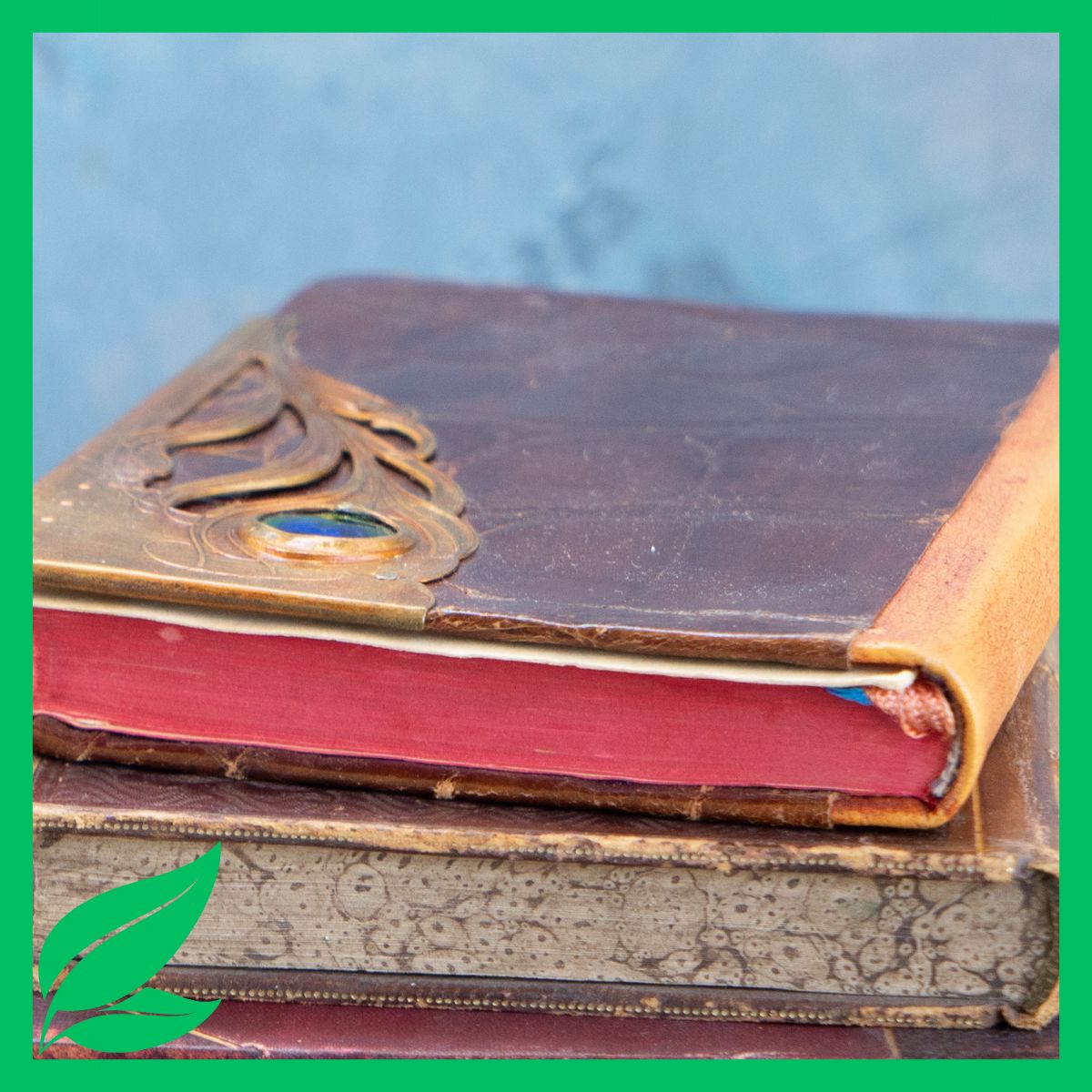
The Best Books For Emotional Healing
Table of Contents
1. Tuesdays with Morrie: An Old Man, a Young Man, and Life’s Greatest Lesson by Mitch Albom
Tuesdays with Morrie is the most inspiring and life-changing book that I have ever read from my reading list. Written by Mitch Albom, it chronicles the relationship between a man and his sociology professor. Mitch thought his days as Morrie’s student were over after his graduation in 1979; however, years later he had one more lesson to learn. This book was his final thesis on mental health books.
After graduation from Brandeis University, Mitch promised to keep in touch with Morrie in his everyday life. He honestly believed it when he said he’d kept in touch, but so much began to happen. Adult life in the real world began to happen. Mitch had forgotten his beloved professor until he saw him on Nightline while flipping channels.
Mitch deeply regretted letting his true self lose contact with such a kind man, and he wanted to rectify his actions. A simple visit with an ailing friend turned into Morrie’s final class. Mitch visited Morrie every Tuesday, and every week they talked about a different subject. The ultimate lesson was the meaning of life and how to get the most out of it.
The two men exchange life stories, laughter, and hugs as they face this degenerative disease and challenging times.
What I liked most about this book was how it dealt with the subject matter. Morrie conveys his philosophy in neat little aphorisms. His mottos are not contrived, and they come across more as observations than as any rules to follow.
While the book could have quickly become preachy, Mitch veers away from any soapbox and instead concentrates on the disease and how it affects Morrie both physically and emotionally. The book is short, and if you have the inclination, it can be read in one sitting.
Morrie wasn’t ashamed of the emotional pain, emotional wounds, crying, hugging, or even kissing. He felt that you should tell people how you feel, and he even organized his living funeral. He believed that people should know how people feel about them before they die. More important than that, he encouraged people to find out what little things were essential before it was too late to enjoy them.
2. Me Before You by Jojo Moyes
Me Before You, by Jojo Moyes, is a poignant emotional self-healing book that, once started, is almost impossible to put down.
Will Traynor is wealthy, has a beautiful girlfriend, and thirsts for adventure. He loves nothing more than traveling the world, climbing mountains, bungee jumping, and living life to the fullest. When he has an accident, his world shrinks dramatically and he has to live at home with his parents and depend on his carer Nathan.
Louisa Clark has always lived at home. When she loses her much-loved job in a café, she desperately needs a new job to help support her family. Her mother cares for Louisa’s grandfather. Katrina, her sister, has a young boy and cannot work. Her father has the threat of losing his job. The prospects at the job center are limited and she applies for the companion job to Will even though she thinks she has the wrong kind of personality for the job.
With its excellent pay, it is an offer she is afraid to refuse for the sake of her family. What follows is a deeply moving story showing how an unlikely friendship between Will and Louisa develops. At first, Will is harsh and rude as he tries to come to terms with his disabilities. Louisa’s lively personality and honesty are a refreshing change for Will with life-changing results.
Both Louisa and Will breathe life into the story and the emotional experiences. Although the story is mainly from Louisa’s point of view, Jojo Moyes briefly explains how the other characters feel about her. They show Nathan’s point of view, Katrina’s perspective, and Will’s parents share how they are coping with their son’s accident.
What Jojo does particularly well is portray how difficult it can be not only for the person who has the injury but also for friends and family who struggle with the aftermath and trapped emotions. She shows the problems people and trauma survivors in wheelchairs have and how they can be treated differently. There is also a question and answer session where the author provides information about her ideas and inspiration about the book.
Jojo had many jobs before becoming a journalist, and then her debut novel Sheltering Rain was published in 2002 and she has become a full-time novelist ever since.
Me Before You is a heartbreaking, inspiring, and funny book, all at the same time. Don’t miss the chance to read this novel for a better life.
3. The Power of Now: A Guide to Spiritual Enlightenment by Eckhart Tolle
In The Power of Now: A Guide to Spiritual Enlightenment, Eckhart Tolle provides a practical manual for personal growth based on living in the present moment.
After experiencing his own spiritual awakening around his twenty-ninth birthday, German-born Eckhart Tolle dedicated his life to studying and teaching spirituality. First published in 1999, the bestselling The Power of Now is a compilation of ten years of work with spiritual seekers. Tolle uses a question-and-answer format to explain the obstacles to enlightenment, why the Now is the key to consciousness, and how to apply his theories.
According to Tolle, the greatest obstacle to enlightenment is the thinking mind and emotional issues. Tolle views incessant thought as a disease or addiction and postulates that personal problems are mere “illusions of the mind.”
Because the ego “perceives itself as a separate fragment in a hostile universe,” it creates false drama, a traumatic experience, and unnecessary distance between humans. In addition, Tolle observes the tendency to compulsively fixate on past emotional trauma and speculate on the future, which obscures the present moment, leading to intrusive thoughts of regret and anxiety.
Tolle recognizes that the mind can be a helpful tool for dealing with the practical aspects of daily life and acknowledges the importance of learning from the past and setting goals for the future. Otherwise, Tolle believes that the most important move toward enlightenment is learning to disidentify from the mind and that the key to liberation is the present moment.
The power of Now refers to being fully conscious of the present moment. Rather than living through memory and anticipation, Tolle advocates focusing all attention on what is currently happening. Tolle assures that when someone is entirely present, unhappiness, low self-esteem, suffering, and struggle dissolve.
Tolle offers advice for living in the present and breaking the mind of destructive habits. For example, he suggests “watching the thinker”: carefully observing one’s own thoughts and emotions, free of judgment. Tolle also promotes “surrender,” or allowing the present moment to be what it is.
4. Quiet: The Power of Introverts in a World That Can’t Stop Talking by Susan Cain
Many of us consider ourselves introverts. We prefer listening to talking and reading to socializing. Susan Cain’s US best-seller, Quiet: The Power of Introverts in a World That Can’t Stop Talking, is a revelation for those of us who are reflective, bookish, highly sensitive person, shy or thin-skinned.
Do you prefer a quiet night in as opposed to a lively night out? And at social gatherings, do you find yourself hiding in the bathroom or making excuses to leave early? According to Cain, you are not a social misfit but an introvert whose brain is sensitive to overstimulation.
Cain has a checklist of 20 questions (such as, do I enjoy solitude? Do I do my best work on my own?) to assess where you fit on the introvert-extrovert spectrum. Many of us are “closet introverts” who pretend to be extroverts, so this checklist’s results may provide some surprises.
The book charts the 20th Century’s devaluation of introverts, emotional needs and how this has had far-reaching consequences for individuals and institutions. We now live in a (western) society that favors the extrovert, from emphasizing group work within the school classroom to favoring communal desks and team brain-storming in the workplace.
Consequently, those who are quiet, serious, or sensitive can be side-lined and those who are loud and friendly are celebrated. Yet throughout history, introverts have made significant contributions to our society – from Rosa Parks, who changed the course of American civil rights, to Sir Isaac Newton’s discovery of the theory of gravity. Cain suggests introverts have been responsible for some of the greatest ideas, art, and inventions.
If you are an introvert in your personal life, this book will make you feel much better about yourself. It shows that quiet folk can be strong and have creative expression. It also demonstrates how harmful it is to suppress your true nature and negative emotions and become pseudo-extroverts to fit into society’s ideal and begin the emotional healing journey.
Cain has useful practical advice for introverts, for example, when to act more extroverted than you are and how to talk to members of the opposite type. For parents, there are invaluable hints on enabling introverted children to flourish rather than flounder in the educational system.
5. Have a Little Faith by Mitch Albom
Have a Little Faith journals Mitch Albom’s response to a request by his childhood rabbi to give the eulogy at his funeral. Initially startled by the request, Albom’s decision to spend time with his rabbi and get to know him better before preparing the eulogy results in a thoughtful series of conversations about the nature of faith, friendship, and the resilience of the human spirit when a traumatic event is introduced.
A bestselling author and Detroit-based newspaper columnist, Mitch Albom had relegated his Jewish faith and heritage to memories of his childhood and an annual visit to the synagogue in his hometown.
Therefore, He was surprised when Albert Lewis, the charismatic and imposing rabbi of the Beth Shalom Synagogue his family had always attended, requested that he deliver the eulogy at his funeral.
Have a Little Faith presents an account of the eight years following this request, as Mitch and the rabbi, whom he affectionately refers to as the Reb, discuss life, hope, grief, anger, pain, joy, health, family, and death as Mitch seeks to gain insight into the man behind the larger than life “Man of God” image Albert Lewis holds in his mind.
Albom’s discussions with Albert Lewis are balanced with an account of a growing friendship with a very different minister. Henry Covington is the pastor of I Am My Brother’s Keeper church, a rundown Detroit church that offers refuge to homeless men and women. Covington’s past includes drug addiction and jail time for dealing drugs.
As Albom contrasts Lewis and Covington in this helpful book and his response to both men and their message of faith and hope, he conveys a true journey of faith that reaches beyond the boundaries of a particular denomination or belief system.
Final Thoughts
Healing trauma and traumatic stress take time and patience, but these beautiful books can be your companions on this transformative journey. So, grab a cozy corner, settle in with a hot cup of tea, and let these inspiring books guide you toward emotional healing, positive change, emotional intelligence, and well-being. Happy reading, and may your heart find the peace and joy it deserves!
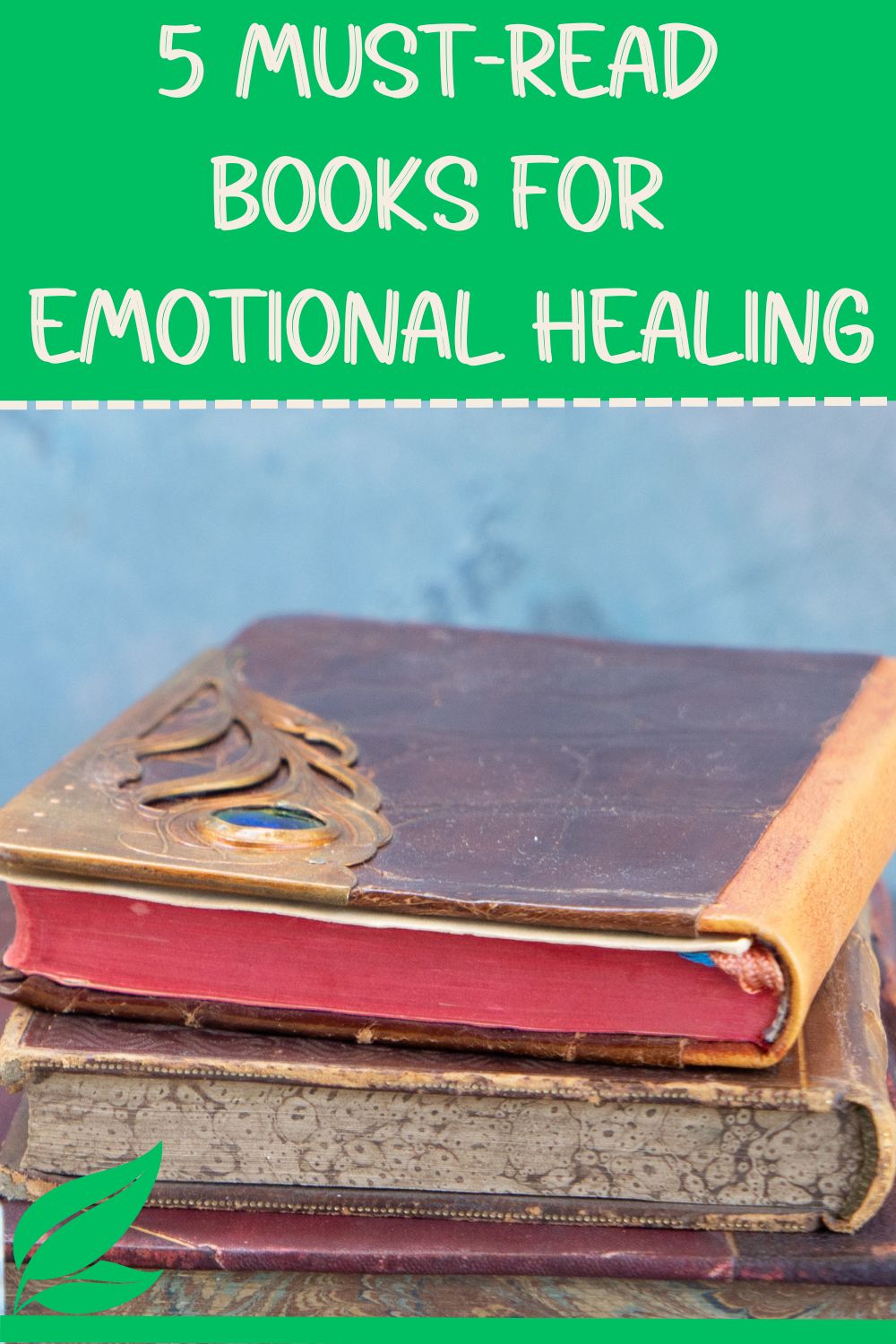


![[The Power of Now: a Guide To Spiritual Enlightenment] [By: Eckhart Tolle] [January, 2001] [The Power of Now: a Guide To Spiritual Enlightenment] [By: Eckhart Tolle] [January, 2001]](https://m.media-amazon.com/images/I/511SOvwpa6L._SL500_.jpg)


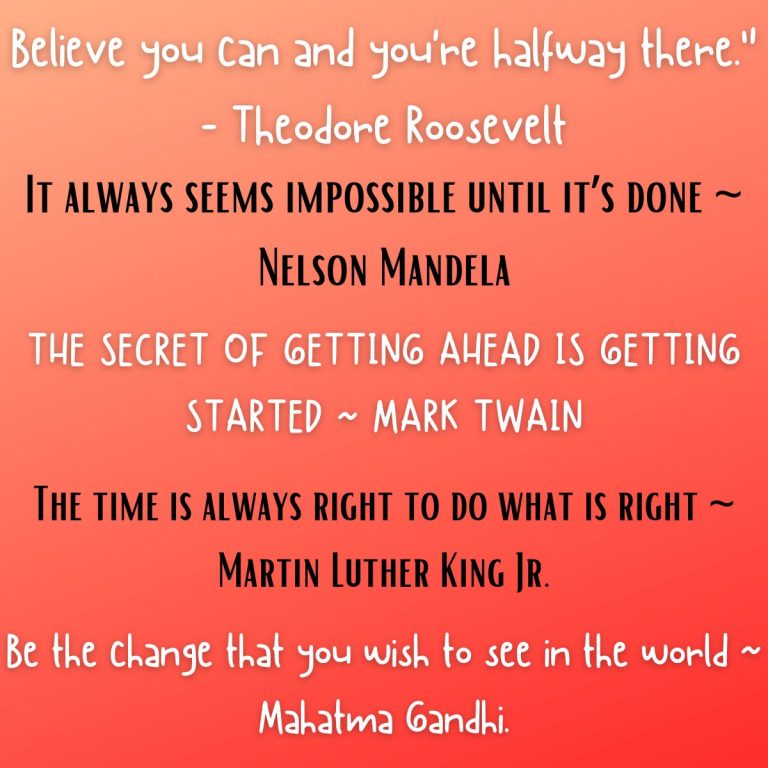
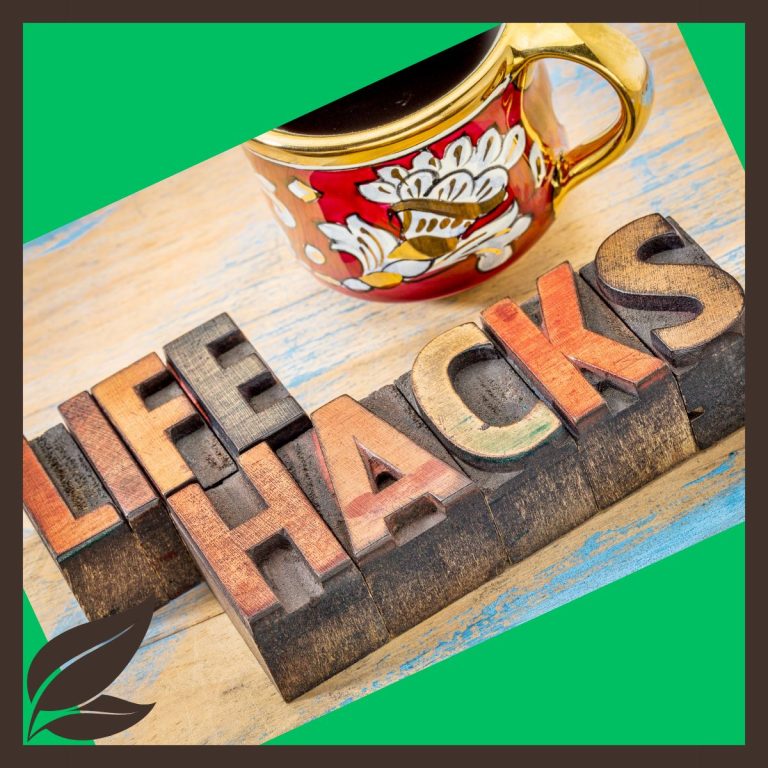
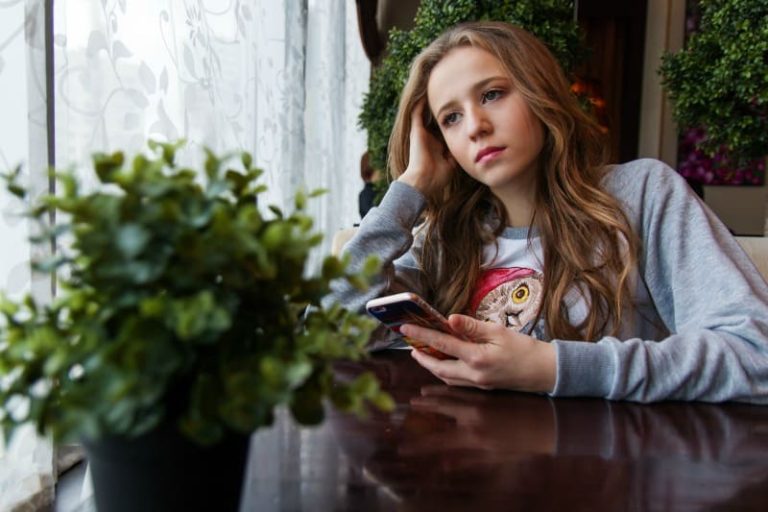
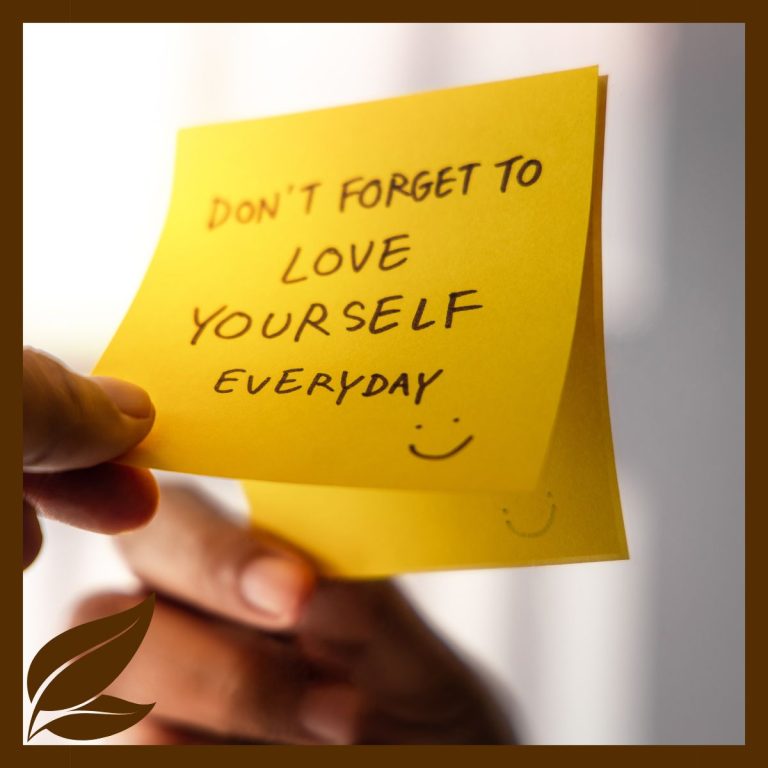

One Comment